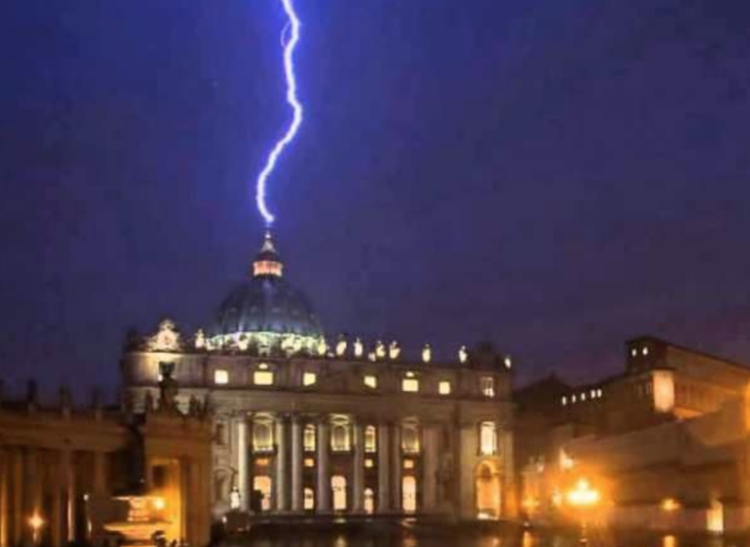The Synod on Synodality is here and there are many, many angles for journalists to pursue.
Let’s put it this way (with much, much more to come), I don’t think Clemente Lisi will have lots of time for soccer (he is an internationally known reporter on all things futbol) in the days ahead. For starters, readers can dig into these Lisi features at Religion Unplugged, where he is editor: “Everything You Need To Know About The Synod On Synodality” and “Pope Francis Open To Church Blessing Of Same-Sex Unions.”
The same-sex blessing story is huge and, frankly, leaders in some mainstream newsrooms (scan this Google News search file) seem to be waiting for a clear signal from their usual Catholic sources on the degree to which it is appropriate to celebrate.
I would like to back off and examine an important word in recent statements by Pope Francis and, thus, the elite press. That word is “ideology.” You can see what is going on in the Associated Press report with this headline: “Ideological rifts among U.S. bishops are in the spotlight ahead of momentous Vatican meeting.”
The subject, of course, is the Synod on Synodality. Read this carefully:
The synod is intended to be a collegial, collaborative event, though the agenda includes divisive issues such as the role of women in the church and the inclusion of LGBTQ Catholics.
If there’s Exhibit A for how elusive consensus might be, it’s the United States’ participation. In effect, there are two high-level U.S. delegations widely viewed as ideological rivals — six clerics appointed by Pope Francis who support his aspirations for a more inclusive, welcoming church; five clerics chosen by the U.S. Conference of Catholic Bishops who reflect a more conservative outlook and more skepticism of Francis’ priorities.
The assumption, of course, is that the divisions among U.S. representatives and, one can assume others around the world, are essentially political.
As always: Politics is real. Religion? Not so much.
Let’s keep reading, before we return to that loaded word — “ideological.”





